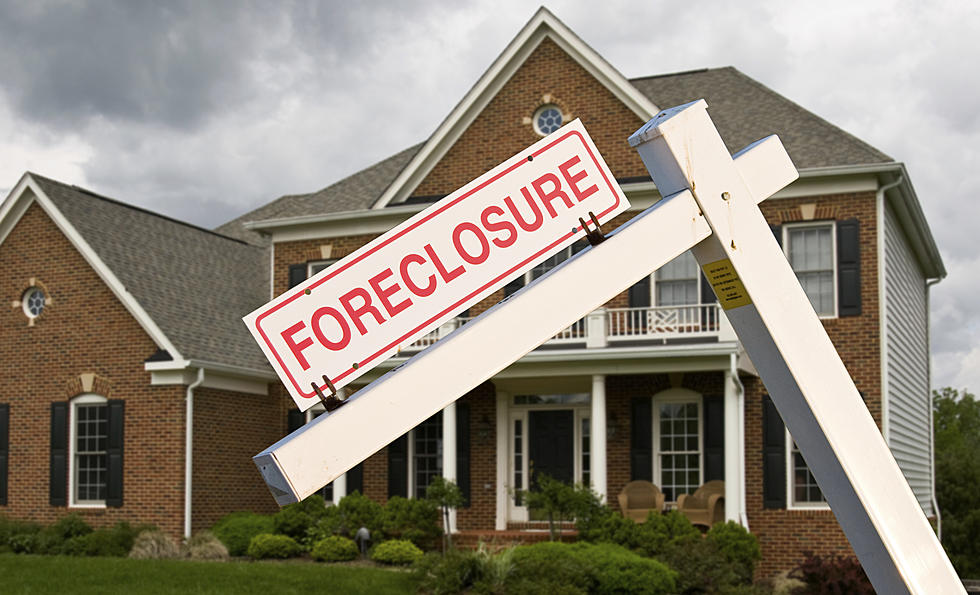
NJ foreclosure rate still comparatively high, even with COVID moratorium
Prior to the COVID-19 pandemic, New Jersey had a rather dubious distinction: It had ranked first — or last, if you prefer — in the nation in terms of foreclosure rate five years in a row.
Thanks to federal and state-level pandemic moratoriums, the Garden State no longer tops that list, but still ranked in the Top 10 for the first half of 2021 with a rate higher than the U.S. average, according to data compiled by ATTOM and released by RealtyTrac.
New Jersey is sixth overall, inching just above Nevada and South Carolina with 0.07% of housing units with a foreclosure filing. Delaware is now No. 1, at 0.10%.

Rick Sharga, RealtyTrac executive vice president, joked that having the highest foreclosure rate in this real estate climate is kind of like "being the world's tallest short person," because foreclosures across the country are down 61% from one year ago and 78% from the first half of 2019.
Those are the lowest figures RealtyTrac and ATTOM have ever recorded, but were expected given all the government safeguards put in place, Sharga said.
"The numbers weren't really a surprise," he said. "We're in month 17 of the federal government's foreclosure moratorium and eviction ban, which has effectively shut down just about all foreclosure activity across the country."
New Jersey's 0.07 percentage translated to 2,660 housing units in foreclosure from January through June 2021, about 1 in every 1,360, a 70.12% drop from 2020 and an 86.41% decrease over 2019.
In June alone, the state inched up to fifth in foreclosures, still behind Nevada, Delaware, Illinois, and South Carolina.
While the federal moratorium is set to expire Saturday, New Jersey's could remain in place through the end of the year, being one of 14 specific pandemic powers recently retained by Gov. Phil Murphy.
"We expect there to be a small wave of foreclosure activity after the July 31 expiration, probably another small wave around the 1st of the year, when the CFPB (Consumer Financial Protection Bureau)'s rules expire, and then maybe a third one" around this time in 2022, Sharga said, pointing to potential "pockets of weakness" as restrictions are sunset.
There are a couple of key carveouts in the CFPB policies to be aware of, according to Sharga. One is that if a borrower was already in foreclosure prior to a moratorium, they should be prepared to immediately re-enter that process when the order is lifted.
"Properties that have been deemed to be vacant and abandoned are also eligible for immediate foreclosure processing, which is a benefit, really, to local communities," Sharga said.
In fact, given the programs New Jersey and the federal government enacted, those vacant and abandoned addresses answer the question of what kind of properties accounted for even the small number of foreclosures the state has seen this year.
They are eyesores and safety hazards that could have become even more so during the pandemic, according to Sharga, so swift action in their cases was necessary.
"The overwhelming majority of properties that have been foreclosed on since the moratorium was put in place are vacant and abandoned properties, and there are a number of states that have made it possible for lenders to foreclose on those properties," Sharga said.
Sharga added that many commercial properties were not afforded the same protections as residential ones, meaning foreclosures on retail lots, small offices, and hotels have continued mostly unabated during the economic crunch of the pandemic.
Trending News Now
More From Beach Radio










